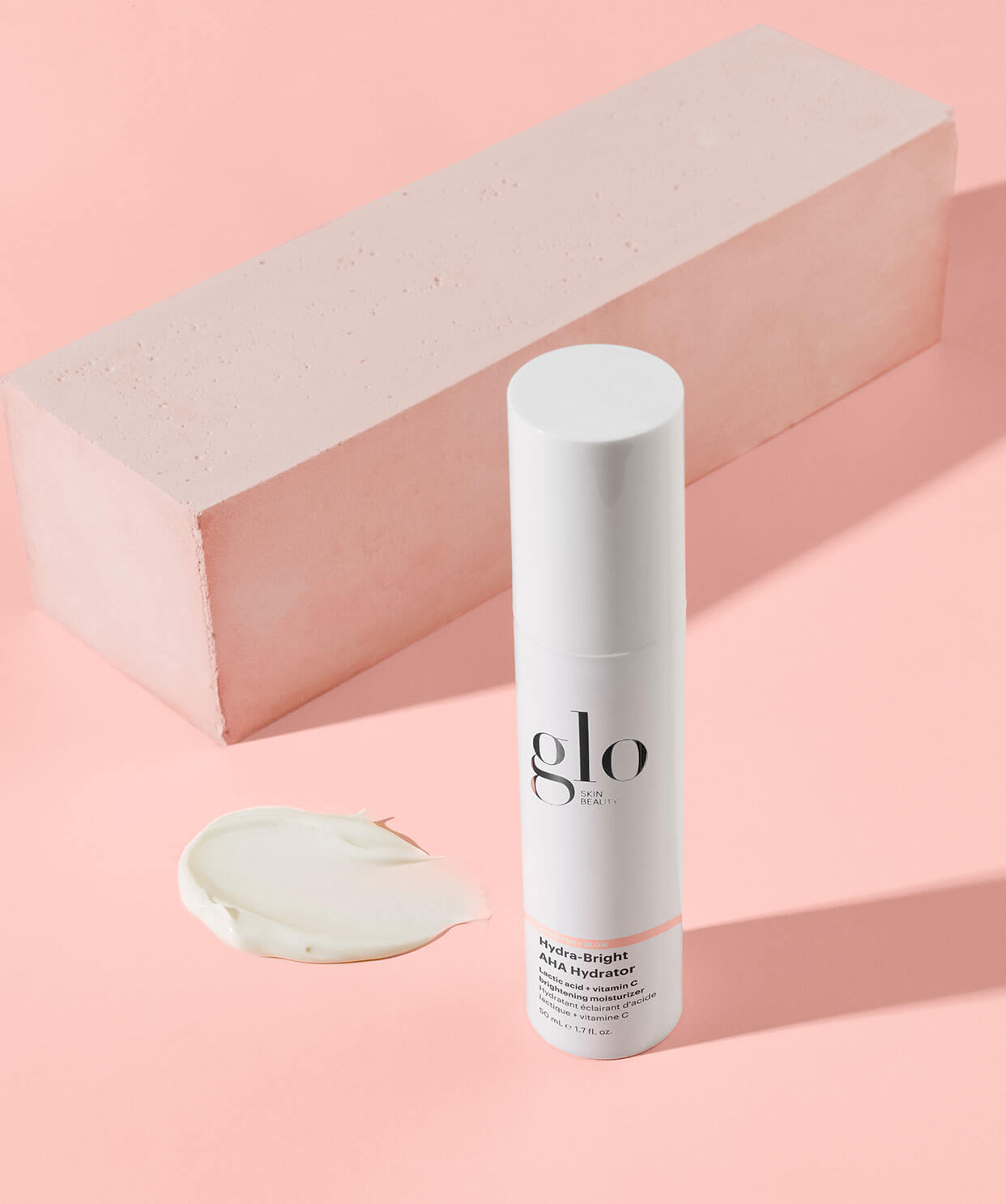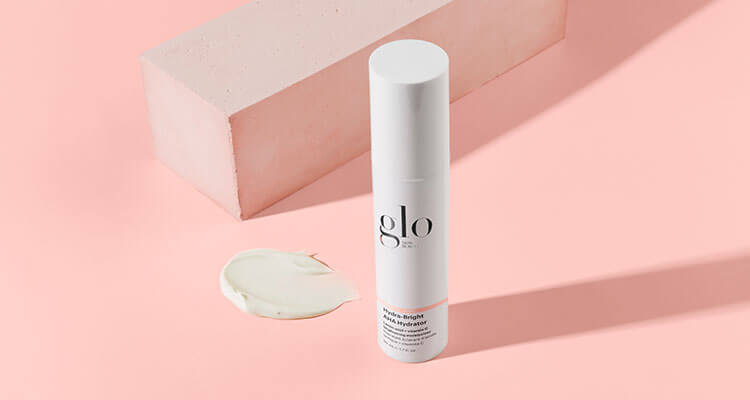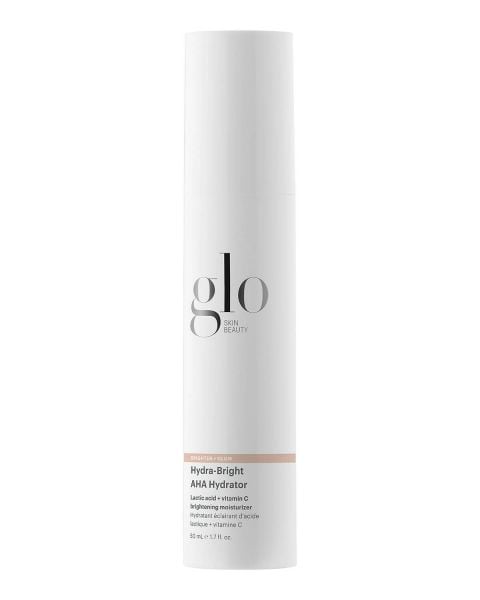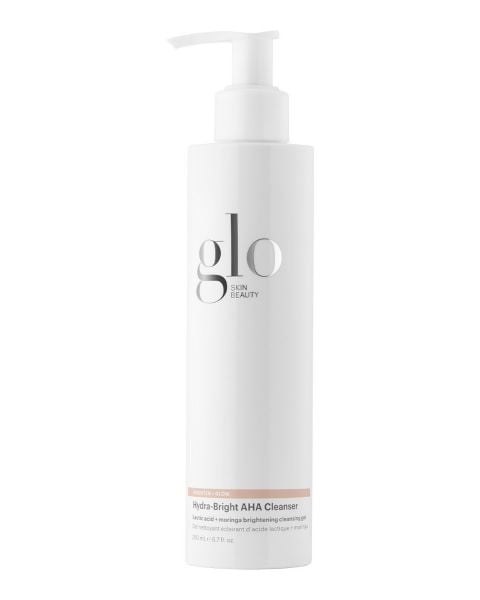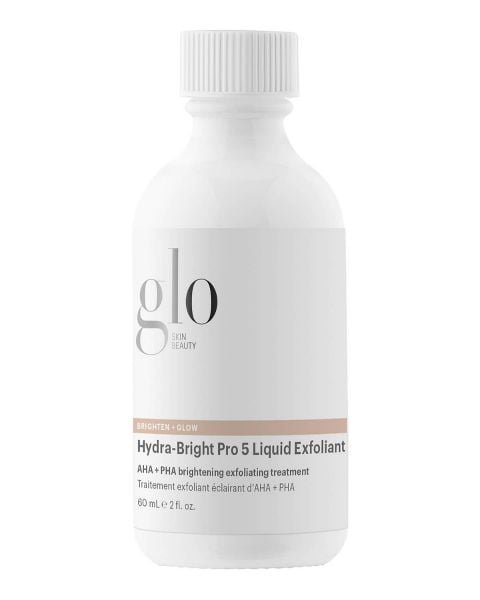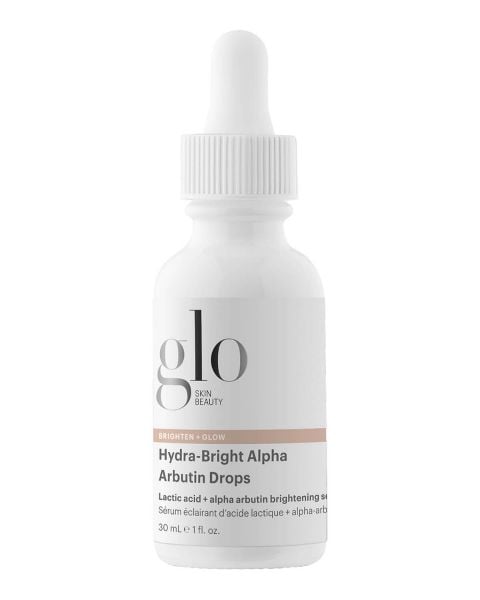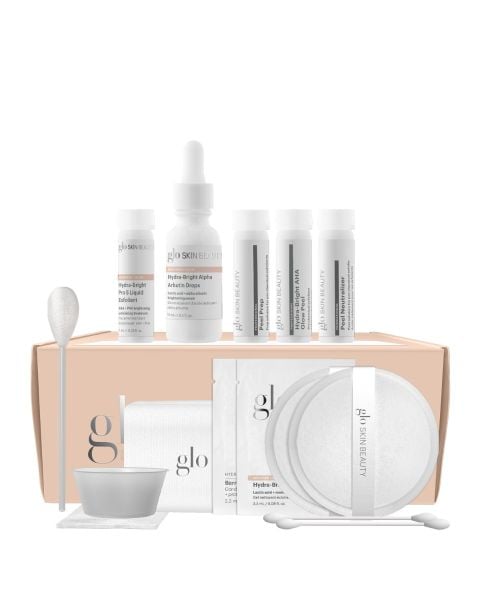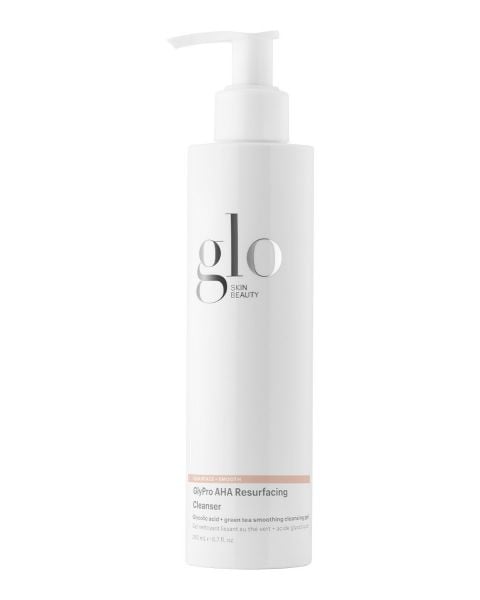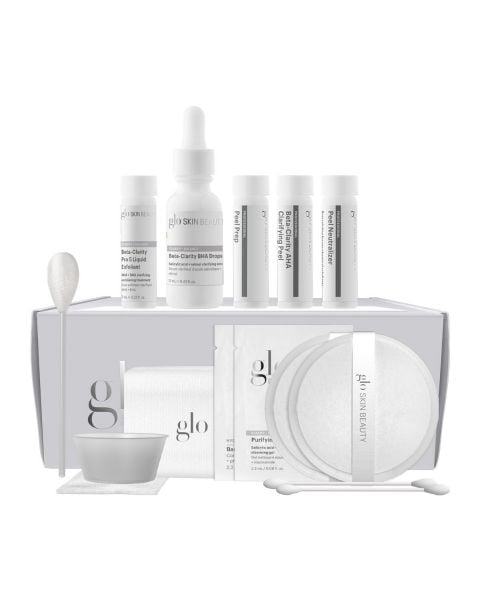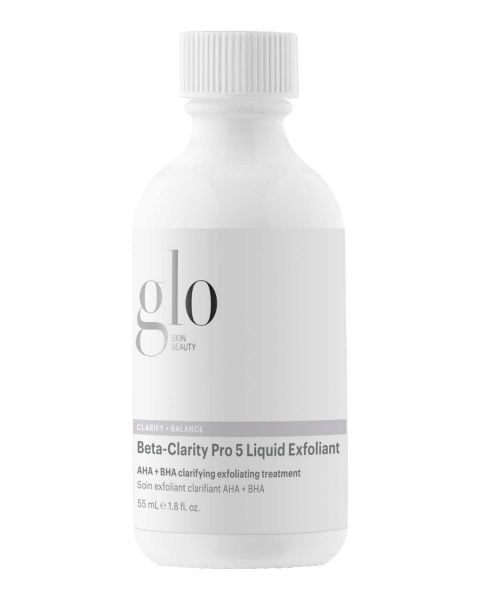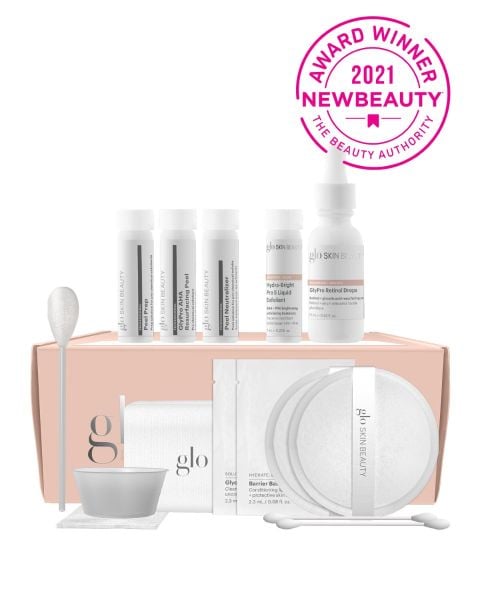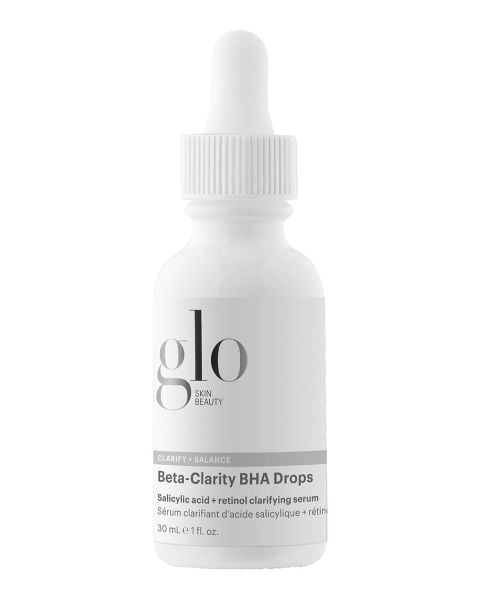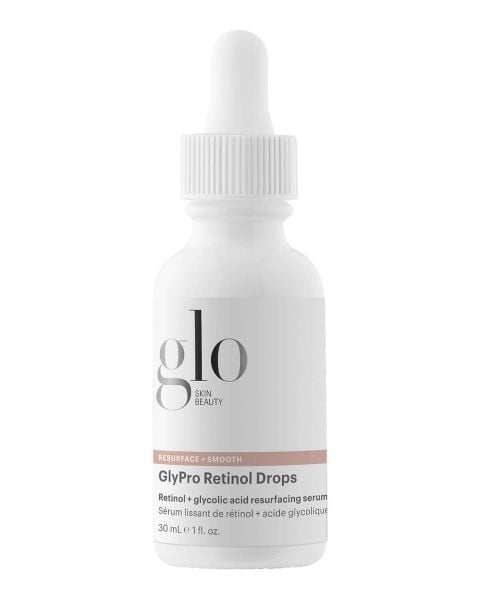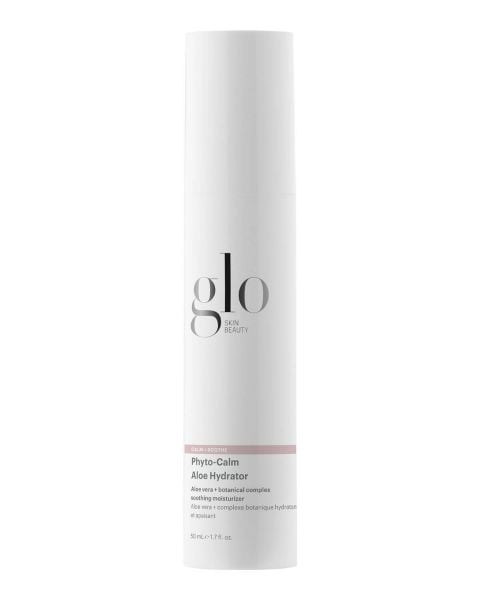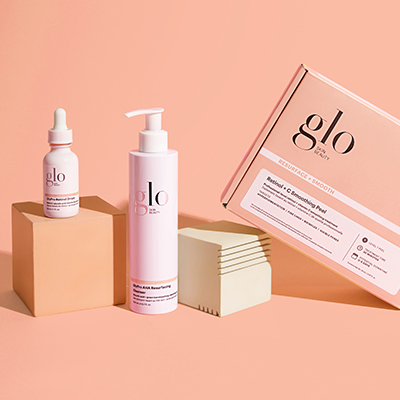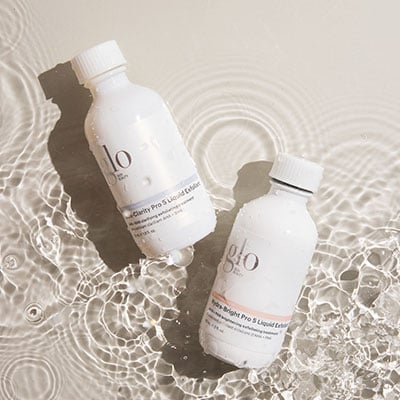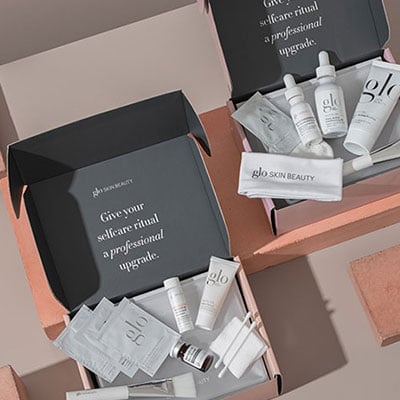Frequently Asked Questions About AHAs
Is it OK to Use AHA (Alpha Hydroxy Acid) Products Everyday?
Yes, you can use AHAs as part of your daily skincare regimen, but always follow the directions and recommended frequency of usage on the AHA product you are using.
Is AHA the Same as Hyaluronic Acid?
AHAs or alpha hydroxy acids are topical acids of varying strength and are not the same as hyaluronic acid. The most common AHAs used in skincare products include lactic acid, glycolic acid, and mandelic acid. Each AHA has its own benefits in skincare use but they share similar functions of exfoliation to remove dead skin cells, revealing new skin and boost cell turnover. Due to their different molecule sizes each AHA delivers different levels of exfoliation, promoting smoothness, and softness, as well as reducing the appearance of fine lines, wrinkles, and pores. Hyaluronic acid is a humectant meaning it binds moisture to the skin, plumping and cushioning the complexion. Typically hyaluronic acid features in leave-on products such as serums, moisturizers, and face mists, while AHAs are widely used in cleansers, toners, liquid exfoliants, chemical peels, as well as serums and moisturizers.
Is AHA the Same as Retinol?
AHAs and retinol are skincare superhero ingredients but they are not the same. Retinol is in the vitamin A family and is a powerful agent to boost cell turnover and collagen production, as well as being effective in targeting hyperpigmentation, promoting brightness, smoother skin, and even helps with breakouts. As retinol can make skin photo-sensitive, only use retinol as part of your nighttime routine. AHAs are exfoliators which work by gently breaking the bonds holding dead skin cells on the skin’s surface, revealing the new skin beneath, for a brighter, smoother tone and texture. Each AHA has its own benefits too for example lactic acid is great for brightening and glycolic acid is effective for targeting signs of aging.
What Skincare Products to Avoid When Using AHA?
Different dermatologists and brands have their own approaches on which skincare products or ingredients should not be mixed with AHAs. At Glo, we always advocate for the approach that’s best for your skin’s optimal health. Toleration is key so always listen to your skin. If you’re experiencing redness, dryness, or irritation, reduce or stop usage and seek alternatives. Do a patch test before starting any new active product.
Can You Leave AHA Skincare Products on Overnight?
AHA skincare comes in many forms from short contact products such as cleansers to leave-on products such as serums. A glycolic acid serum for example is a highly effective overnight treatment for boosting cell turnover and smoothing skin while you sleep.
Should I Use AHA Products for Skin at Night or in the Morning?
Depending on your skin concerns and goals, you can use AHAs as part of your morning and nighttime routines. Kick-starting your daily regimen with an AHA cleanser and/or liquid exfoliant to boost brightness is a great option. At night, you might want more advanced smoothing and anti-aging benefits so an AHA serum is a great choice. You also need to consider what other ingredients are formulated in the AHA product, for example if you’re using a serum that also contains retinol, this should only be used in the evening because of the retinol. Always use SPF during the day to keep skin protected.


